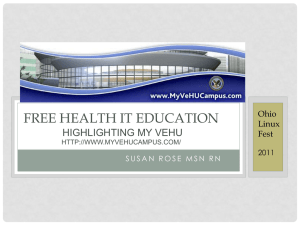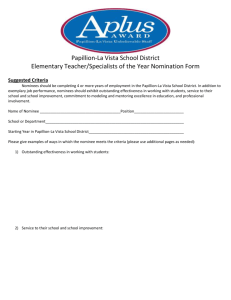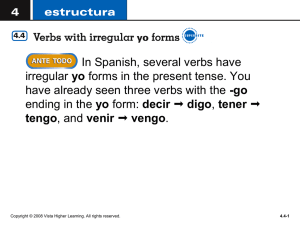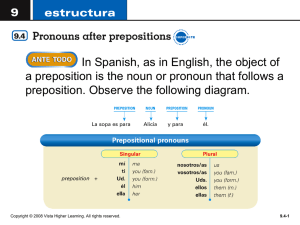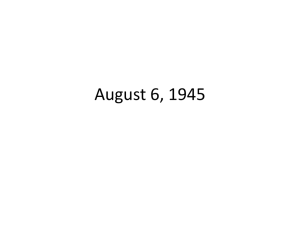History 3376/01: Historiographical Debates
advertisement
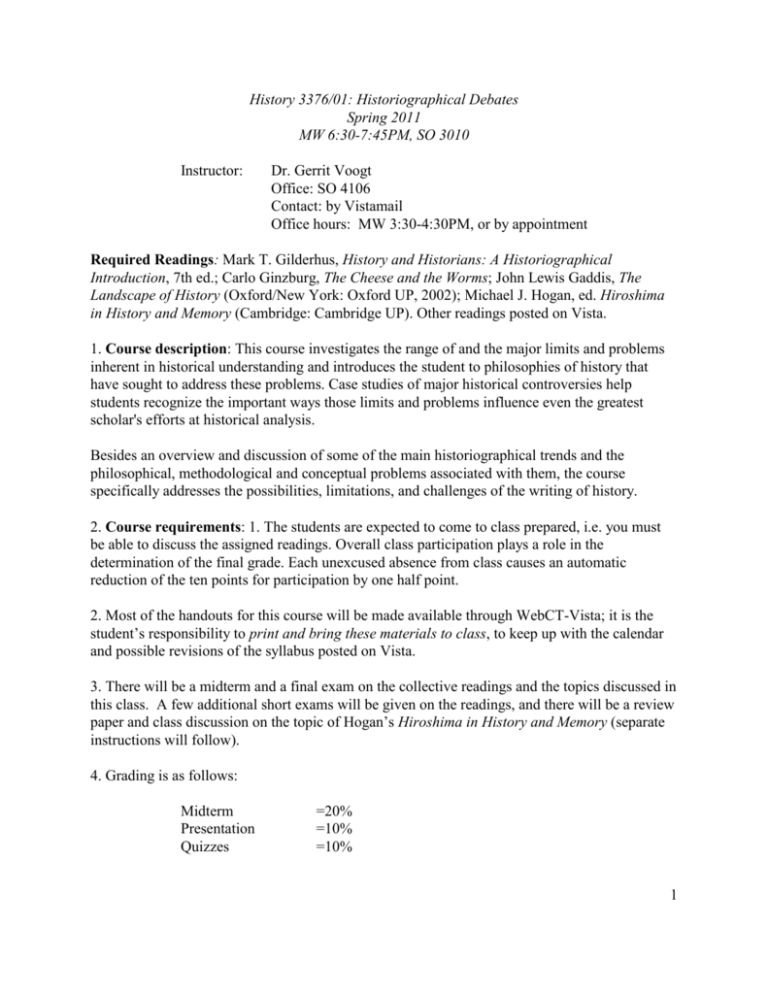
History 3376/01: Historiographical Debates Spring 2011 MW 6:30-7:45PM, SO 3010 Instructor: Dr. Gerrit Voogt Office: SO 4106 Contact: by Vistamail Office hours: MW 3:30-4:30PM, or by appointment Required Readings: Mark T. Gilderhus, History and Historians: A Historiographical Introduction, 7th ed.; Carlo Ginzburg, The Cheese and the Worms; John Lewis Gaddis, The Landscape of History (Oxford/New York: Oxford UP, 2002); Michael J. Hogan, ed. Hiroshima in History and Memory (Cambridge: Cambridge UP). Other readings posted on Vista. 1. Course description: This course investigates the range of and the major limits and problems inherent in historical understanding and introduces the student to philosophies of history that have sought to address these problems. Case studies of major historical controversies help students recognize the important ways those limits and problems influence even the greatest scholar's efforts at historical analysis. Besides an overview and discussion of some of the main historiographical trends and the philosophical, methodological and conceptual problems associated with them, the course specifically addresses the possibilities, limitations, and challenges of the writing of history. 2. Course requirements: 1. The students are expected to come to class prepared, i.e. you must be able to discuss the assigned readings. Overall class participation plays a role in the determination of the final grade. Each unexcused absence from class causes an automatic reduction of the ten points for participation by one half point. 2. Most of the handouts for this course will be made available through WebCT-Vista; it is the student’s responsibility to print and bring these materials to class, to keep up with the calendar and possible revisions of the syllabus posted on Vista. 3. There will be a midterm and a final exam on the collective readings and the topics discussed in this class. A few additional short exams will be given on the readings, and there will be a review paper and class discussion on the topic of Hogan’s Hiroshima in History and Memory (separate instructions will follow). 4. Grading is as follows: Midterm Presentation Quizzes =20% =10% =10% 1 Review paper Final Participation =20% =30% =10% 6. Absence from an exam or class presentation will result in a zero grade. In case of a medical or other emergency, contact me before or on the day of the exam, and submit the proper documentation. Excuses after the fact will not be accepted. 7. Academic integrity: Every KSU-student is responsible for upholding the provisions of the Student Code of Conduct, as published in the Undergraduate and Graduate Catalogs. Section II of the Student Code of Conduct addresses the University’s policy on academic honesty, including provisions regarding plagiarism and cheating, unauthorized access to University materials, misrepresentation/falsification of University records or academic work, malicious removal, retention, or destruction of library materials, malicious/intentional misuse of computer facilities and/or services, and misuse of student identification cards. Incidents of alleged academic misconduct will be handled through the established procedures of the University Judiciary Program, which includes either an informal resolution by a faculty member, resulting in a grade adjustment, or a formal hearing procedure, which may subject a student to the Code of Conduct’s minimum one semester suspension requirement. 8. Arrive promptly; late arrivals will be counted as absent if over fifteen minutes late. If you have to leave class early, inform the instructor at the beginning of class. Please do not use laptops except in the first two rows. Use the restroom before class starts. CELL PHONES MUST BE TURNED OFF DURING CLASS. Don’t annoy the class and embarrass yourself! In case of an anticipated emergency, please set phone to vibrate and inform the instructor. 3. Course schedule: readings and test/exam dates indicated in bold: January 10 Introduction: "the use and abuse of history". January 17 MLK-Day –no classes January 24 Historiography in the West from the Classics to Renaissance Gilderhus Ch. 3 January 31 The Chinese view of history January 12 The birth of historiography in the West Gilderhus, Chs. 1 & 2. Herodotus, BK II chs. 35-98 (Vista) January 19 Historiography continued- Herodotus vs. Homer; Herodotus and Thucydides Readings: Herodotus, The Histories, book II chs. 112-120; Thucydides (selection) (Vista) January 26 History and chronology; History and geography February 2 The Chinese view of history cont’d 2 Readings on Vista February 7 Historiography: Renaissance to Ranke Gilderhus, chs. 4 & 5 February 14 Marx's historical materialism and dialectics Gilderhus, chs. 3-4; Marx: selection February 21 History of ideas and popular culture Carlo Ginsburg, The Cheese and the Worms Prefaces + pp. 1-58 February 28 History as Herstory: history and gender Joan W. Scott, "Gender: A Useful Category of Historical Analysis," in The American Historical Review, vol. 91 (Dec. 1986), 1053-1075 Review for Midterm March 7 Spring Break March 14 (Midpoint) The postmodern challenge Appleby et al., Telling the Truth about History (selection, Vista) *Select book for review (Hogan) March 21 The landscape of history II: discussion of Gaddis, chs. 5-8. March 28 Historiographical debates I: Hiroshima as history: The facts and the “spin.” Discussion of Hogan 1-115 -Introduction April 4 Presentations: Hiroshima I.4: Diplomatic considerations & the Bomb Hiroshima I.5: Japan’s surrender Conclusions: consensus? Sima Qian, Records of the Grand Historian (selection, on Vista) February 9 Renaissance to Ranke cont’d Hegel, selections (Vista) Gilderhus, chs. 4 & 5 February 16 The Annales school Braudel, selection; Marc Bloch, The Historian’s Craft (selection) (Vista) February 23 History of ideas and popular culture Carlo Ginsburg, The Cheese and the Worms, pp. 58-128 March 2 Midterm exam Bring a Blue Book March 9 Spring Break March 16 What is History? The landscape of history I: time and space; structure and process; interdependence of variables: Gaddis, The Landscape of History, chs. 1-4 March 23 Culture wars; history and ethnicity; political and historical correctness Gilderhus ch. 7; Hogan, “The Enola Gay Controversy” in Hogan, 200-232. March 30 Presentations: Hiroshima I.1: Necessity of the bomb; Hiroshima I.2: Why no alternative to the Bomb? Motivation; Hiroshima I.3: Japan’s responsibility April 6 Historiographical debates II: Hiroshima: history and memory; Hogan 116-232 – Introduction; Presentations 3 April 11 Presentations: Hiroshima II.1: Coming to grips after 1945 –in Japan; Hiroshima II.2: Coming to grips after 1945 –in America; Hiroshima II.3: The hibakusha and the peace movement April 18 The problem of world history: metahistories up to 1900 - 20th-century metahistories (Spengler; Toynbee) Review Gilderhus: sections on world history; Vista April 25 Metahistorical approaches: McNeill; Fukuyama; Jared Diamond, Guns, Germs, and Steel (Vista) May 2 Final Exam (bring Blue/Green Book) April 13 Presentations: Hiroshima II.4: The Bomb as “constructed memory”; Hiroshima II.5: Public History: who controls (re)presentation? Conclusions: the past…and history April 20 World history: Spengler; Toynbee; Wallerstein’s world system (Vista) April 27 Metahistory: conclusions; historiographical debates (conclusions)/ Review for Final 4
